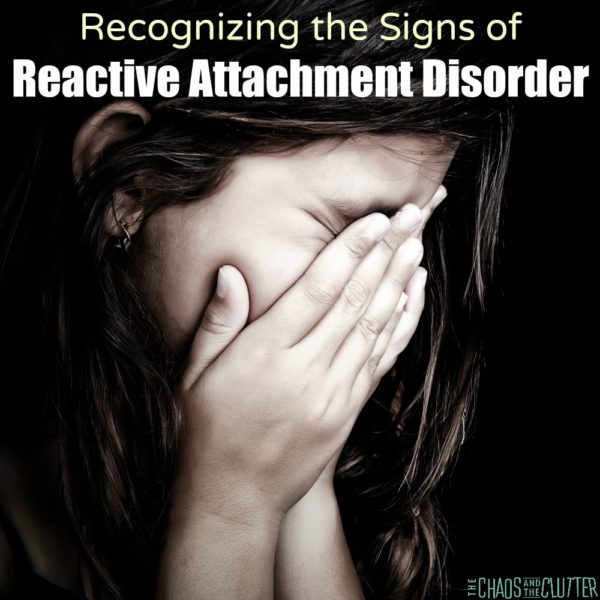I have to admit that I cringed a little when I typed out that title. Advice for Parents of Children with Special Needs. When it comes to parenting, I try to avoid the “advice” word because each child is so different and I’m certainly no expert. So read this knowing that I am stepping tenderly here and this advice is coming with the best of intentions after years of walking this road for many years myself and still stumbling often.
 Parenting children who have high needs can be exhausting and overwhelming. It will teach you so much about who you are, both the strength and compassion that you never knew you had and the limitations or weaknesses you hadn’t realized were there. This journey has been such a humbling one for me. I continue to learn daily from my children who are exceptional teachers. I hope that some of what I’ve learned so far can help others.
Parenting children who have high needs can be exhausting and overwhelming. It will teach you so much about who you are, both the strength and compassion that you never knew you had and the limitations or weaknesses you hadn’t realized were there. This journey has been such a humbling one for me. I continue to learn daily from my children who are exceptional teachers. I hope that some of what I’ve learned so far can help others.
Expectations.
This one is tricky because you need to keep your expectations realistic while still not putting limits on your child. My husband and I have always say that our job is to provide the opportunity for each of our individual children to reach their fullest possible potential. Their fullest possible potential may be to become a successful brain surgeon or it may be that they are able to successfully live semi-independantly.
It is important that we not limit our children by their disabilities or challenges, but that we give them the freedom to achieve whatever successes and accomplishments they can in life. It is equally important that we have realistic expectations. If we expect that our children will attain goals that are clearly not attainable, we will set ourselves up for disappointment and set them up for failure.
It is imperative that we keep this in mind when it comes to our parenting as well. We cannot expect too much of ourselves. We are humans, though often being the parent of a child with special needs calls us to be superhuman.
Take breaks.
Advocating for your child, taking them to appointments, caring for them, meeting their needs, reading up on all the latest articles pertaining to their condition, trying new medications or treatments, meeting with others involved in their care, plus the duties that “normal” parenting entails is all too much to sustain over an extended period of time for any person. You need to take breaks.
Accessing child care may not be something that is possible in your situation right now, but there are often programs available in your State or Province that may be able to offer cost relief on respite care or babysitting. In some areas, even the cost of cleaning your home may be covered. When you are already overwhelmed, you may not have the energy or time to look into these options. If this is the case, I suggest delegating a friend, family member, or pastor to look into this for you.
In the meantime, take breaks in your home when you can. Make yourself a bubble bath, go for an evening walk, or read a book unrelated to your child’s condition. You need to take care of yourself in order to better take care of your child. Self-care is critical to your success. This is a marathon, not a sprint and you need to be able to continue strong.
Humour.
The old saying “laughter is the best medicine” exists for a reason. You can feel the weight being temporarily lifted as the laughter releases the tension pent up in your body.
Rent a comedy, read a funny book, but most of all, look for the humour in the everyday. When you child smears an entire jar of Zincofax all over their body, you can choose to cry over the extra work it will take to clean it up, or you can choose to get out your camera and snap a picture of what you know you will laugh over someday. When your autistic son is repeating the same phrase for the four millionth time that week, you can choose frustration or anger, or humour. When you are taking your daughter to the hospital for the fifth time in four weeks, you can feel hopeless, or you can joke about how they should start giving you bonus prizes at that parking lot. It’s all in the attitude and the perspective!
Relationships.
If you are parenting a special needs child and are married, make the time to work on your relationship. This may be easier said than done, but the alternatives are not ones that make this an option not to do. Divorce rates are higher among parents of special needs children. This is something that you need to be aware of and therefore, guard against. Even when you do not agree with each other, know that you are both coming from a place of loving your child and that ultimately, puts you on the same side. Communicate, communicate, communicate. Get outside help if you need it.
We have found that instituting a non-negotiable weekly date night has completely revolutionized our marriage.
Support network.
Build yourself a support network. Of all the advice I’m sharing today, this is perhaps the most important. If you are able to join a support group of other parents who are raising kids with similar challenges to yours, you will no longer feel isolated. Build a strong support system of family and friends and build a sense of community by involving yourself (to the extent that your circumstances will allow) in a church or community centre.
When you have people who you can talk openly with, people who will pray for you, people who care about you, people who will bring meals or offer other practical help, then you will not be carrying this burden alone.
Celebrate.
Celebrate the small victories. Keep a log of where you have been so that when there are improvements with your child, you can look back and see how far they have come. This log can be accomplished through notes, journalling, scrapbooking, or blogging.
As the saying goes “Rome was not built in a day”. Raising a child with special needs is no different. It is the baby steps, the tiny accomplishments that all lead towards the bigger goals. Celebrate it all.
 Cherish the gifts that your child possesses instead of focusing on their challenges. Often, special needs come with their own precious treasures and it is those that we need to be thankful for.
Cherish the gifts that your child possesses instead of focusing on their challenges. Often, special needs come with their own precious treasures and it is those that we need to be thankful for.
Join me for a free 5 part email series, Little Hearts, Big Worries offering resources and hope for parents.
 Recognizing the Signs of Reactive Attachment Disorder
Recognizing the Signs of Reactive Attachment Disorder
 Resources to Teach Kids About Emotions and How to Manage Them
Resources to Teach Kids About Emotions and How to Manage Them